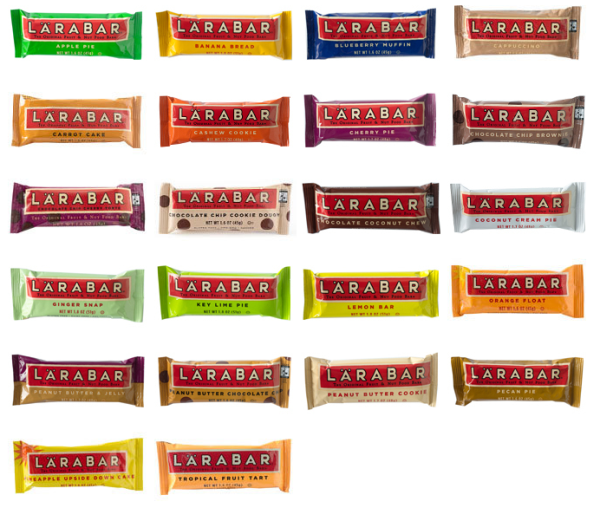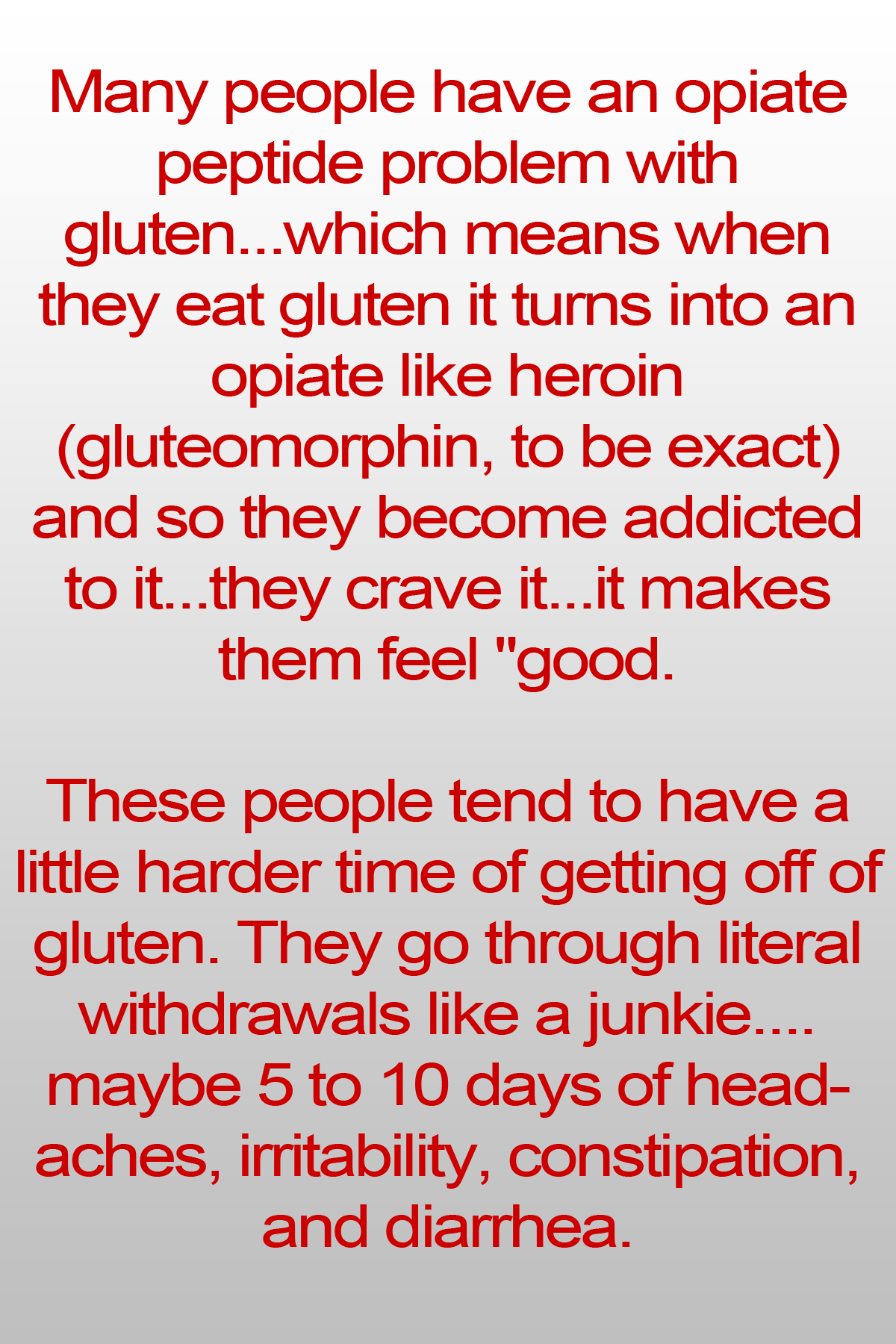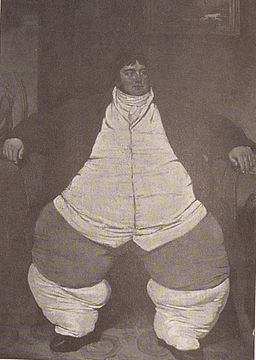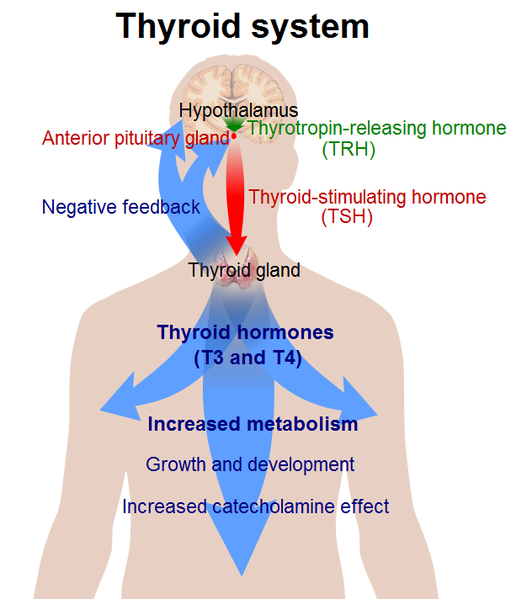So you've wisely committed to changing your diet and lifestyle in order to put the odds in your favor to stop or slow down the autoimmune process that is plaguing you. You deserve credit for adopting health supporting dietary changes! Few people put in the effort that can pay off handsomely with great dividends. Sometimes you run out of creative ideas for delicious food to eat, especially ones that are easy to eat on the go, or that your children will like.
From the Desk of Dr. Karl R.O.S. Johnson, DC.....
GF-CF-SF Protein Food Ideas/Recipes For The Autoimmune Quenching Diet
Posted by Dr. Karl R.O.S. Johnson, DC on Mon, Jun 25, 2012
Topics: autoimmune, gluten, casein, soy, exercise, MS, GF, SF, CF, energy, cycling, Bike MS
Celiac Disease Is NOT the Same Thing as Gluten Sensitivity
Posted by Dr. Karl R.O.S. Johnson, DC on Fri, Jun 22, 2012
I going to explain the difference between Celiac Disease and Gluten Sensitivity. Celiac Disease is one kind of gluten sensitivity. It is not the only kind of gluten sensitivity.
Topics: autoimmune, gluten sensitivity, Hashimoto's, gluten, celiac disease, Cyrex, Multiple Sclerosis
The Importance of Nutrition on Weight Loss and Hypothyroidism
Posted by Dr. Karl R.O.S. Johnson, DC on Sat, Jun 09, 2012
Below is a list of various nutrients that affect a person's ability to gain or lose weight.
- Zinc - reduces leptin, a beneficial hormone that regulates appetite, which is reversed by zinc repletion.
- Asparagine - this amino acid increases insulin sensitivity which helps the body store energy in muscle instead of storing it as body fat.
- Biotin - boosts metabolism by improving glycemic control (stabilizes blood sugar) and lowering insulin, a hormone that promotes fat formation.
- Carnitine - carries fatty acids into cell so they can be burned for fuel; Helps reduce visceral adiposity (belly fat).
- Calcium - inhibits the formation of fat cells; Also helps oxidize (burn) fat cells.
- Lipoic Acid - improves glucose uptake into cells, which helps a person burn carbohydrates more efficiently.
- Chromium - makes the body more sensitive to insulin, helping to reduce body fat and increase lean muscle.
- Vitamin B5 - taking B5 lowers body weight by activating lipoprotein lipase, an enzyme that burns fat cells. One study linked B5 supplementation to less hunger when dieting.
- Magnesium - low magnesium in cells impairs a person’s ability to use glucose for fuel, instead storing it as fat; Correcting a magnesium deficiency stimulates metabolism by increasing insulin sensitivity. Magnesium may also inhibit fat absorption.
- Glutamine - reduces fat mass by improving glucose uptake into muscle.
- Cysteine - supplementation with this antioxidant reduced body fat in obese patients.
- Inositol - supplementation may increase adiponectin levels.
- Vitamin B3 (niacin) - treatment with B3 increases adiponectin, a weight-loss hormone secreted by fat cells; Niacin-bound chromium supplements helped reduced body weight in clinical trials.
- Vitamin A - enhances expression of genes that reduce a person’s tendency to store food as fat; Reduces the size of fat cells.
- Vitamin E - inhibits pre-fat cells from changing into mature fat cells, thus reducing body fat.
- Vitamin D - deficiency strongly linked to poor metabolism of carbohydrates; Genes that are regulated by vitamin D may alter the way fat cells form in some people.
- Vitamin K - poor vitamin K status linked to excess fat tissue; Vitamin K helps metabolize sugars.
Topics: zinc, Carnitine, Magnesium, Weight Loss, Hypothyroidism, biotin, Vitamin D, B Vitamins, Calcium, Vitamin E, Chromium, Glutamine, Asparagine, Vitamin A, Vitamin K, Cysteine, Weight Gain, Lipoic Acid, Inositol
"Normal" Thyroid Labs With Symptoms Of Hypothyroidism
Posted by Dr. Karl R.O.S. Johnson, DC on Mon, Jun 04, 2012
Have you been told your two main thyroid blood markers (TSH and T4) are normal, yet you suffer with suffer with a laundry list of thyroid symptoms? This scenario is extremly common. It makes you wonder if you truly have a thyroid problem.
Topics: Hypothyroidism, Dr. Karl R.O.S. Johnson DC, TSH, T4, LGS, thyroid hormones, stress, leaky gut syndrome, LPS
Autoimmune Update: CoQ10, A New Biomarker for Parkinson's Disease?
Posted by Dr. Karl R.O.S. Johnson, DC on Fri, Jun 01, 2012
As I have explained in another post, my father, grandfather and grandmother all had Parkinson's disease. This study shows promise for current sufferers and adds credence to the concept of why cell membranes need adequate antioxidant protection.You can be sure I take several differenct antioxidants in addition to eating a large variety of vegetables and fruits known to be rich in antioxidants. It's easy to obtain antioxidants if you eat a lot of colorful fresh fruits and vegetables. To learn more about the concept of cell membrane dysfunction due to inflammation (in part due to antioxidant deficiency), watch this amazingly informative video on detox done right!
Topics: autoimmune, Parkinson's disease, Ubiquinone, CoQ10, antioxidants








